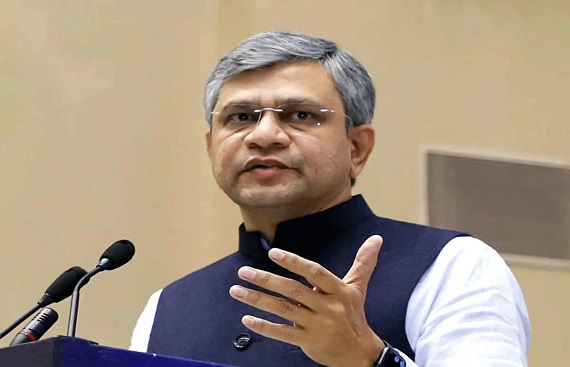Centre Plans GCC Expansion in Tier II & III Cities: Ashwini Vaishnaw

- Centre plans to expand Global Capability Centres (GCCs) to tier II and III cities, aiming to decentralize tech and innovation hubs.
- IndiaAI Mission boosts local AI research with 6,000 more GPUs and subsidised access for startups; model incubation centres to be scaled.
- 'GCC by GCC' strategy maps talent needs with university output; Noida–Greater Noida and UP towns emerge as rising GCC hubs.
The Indian government, with the leadership of Union Minister Ashwini Vaishnaw, is actively working on a strategic initiative to expand the footprint of Global Capability Centres (GCCs) from large metropolitan cities to tier II and tier III towns. The move signals a policy change towards the decentralisation of the country's technology and innovation ecosystem, building industry academia partnerships deeper, and decongesting talent shortages in non metropolitan locations.
Part of the IndiaAI Mission includes the government increasing local AI research efforts by adding 6,000 GPUs to its shared compute infrastructure, bringing the total to almost 40,000 up from 34,000. The resources will become available at subsidised prices to facilitate local AI startup ecosystems. Model incubation centers like that at IIT Madras Research Park and Gati Shakti Vishwavidyalaya both of which include industry players like Airbus as partners in curriculum development can be taken as blueprints for scaling this. The goal is to customize learning content to meet the needs of a particular GCC, aligning university output with identified industry needs.
One of the most important elements of the plan is the 'GCC by GCC' strategy, where the talent needs of each capability hub are mapped and matched with universities that can provide the relevant expertise. For instance, mechanical engineering talent could be developed in industrialized clusters such as Coimbatore, chemical industry infrastructure support could originate in Gujarat, and pharmaceutical expertise could be established in Hyderabad. To simplify this alignment process, the government is also considering a unified state-level portal that expedites permissions and infrastructure clearances for GCCs.
This push complements Uttar Pradesh's recent success as an emerging centre for GCC investment. Officials at a recent Invest UP conclave said the Noida–Greater Noida corridor has already emerged as one of the leading GCC hubs, and a similar trend is being observed in tier II and tier III cities in the state. The cities have the advantage of competitive incentives and better infrastructure, supporting the central government's vision for a geographically diversified GCC ecosystem.
Through leveraging industry-relevant curricula, advanced computing facilities, and state-investment incentives, this new enlarged GCC framework is likely to catalyze the creation of more jobs, spread digital innovation more evenly across India, and ultimately increase the nation's competitiveness in the world knowledge economy.
